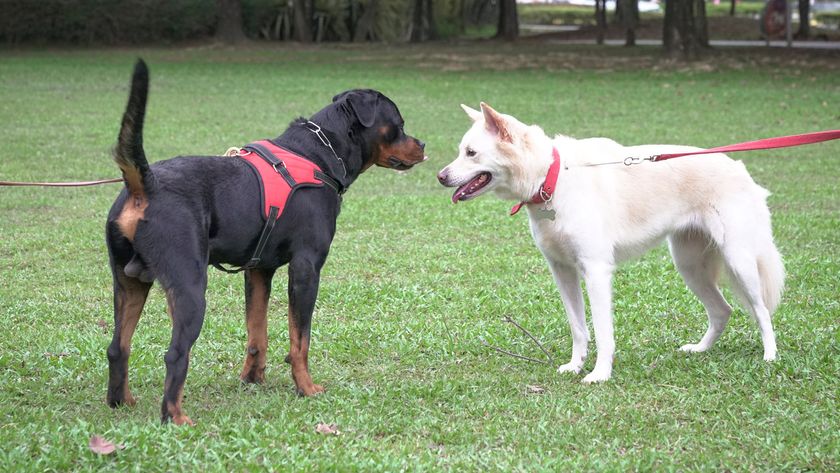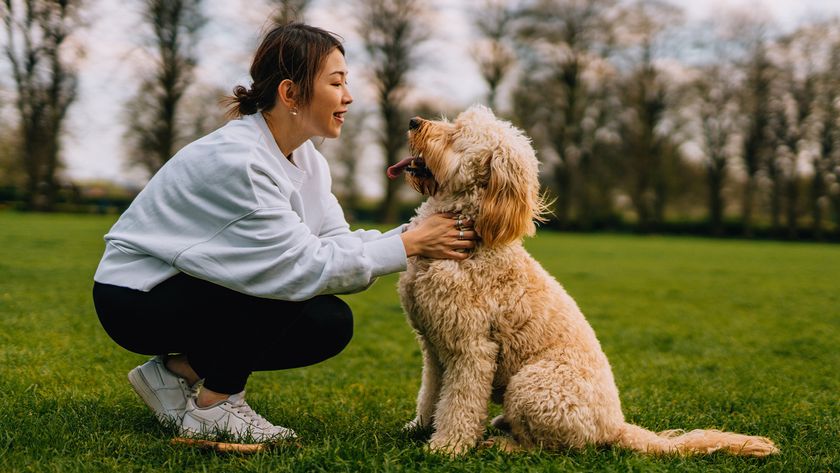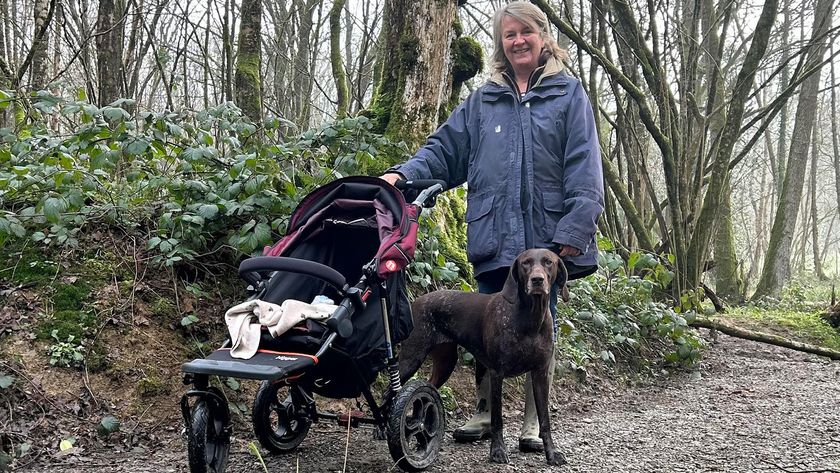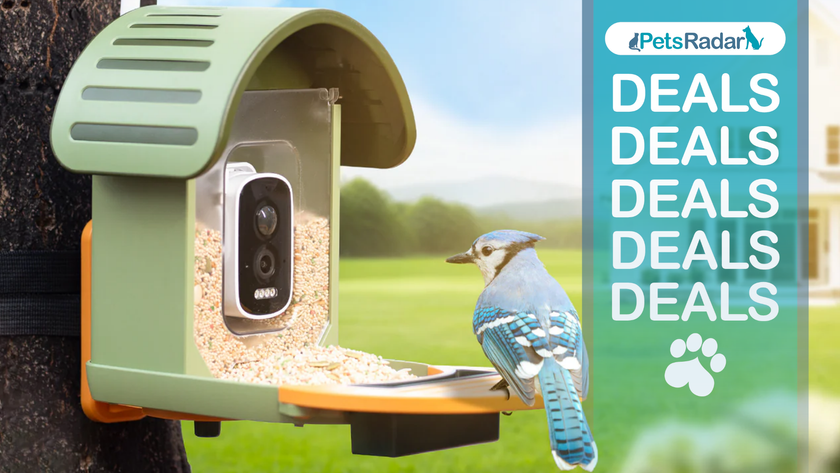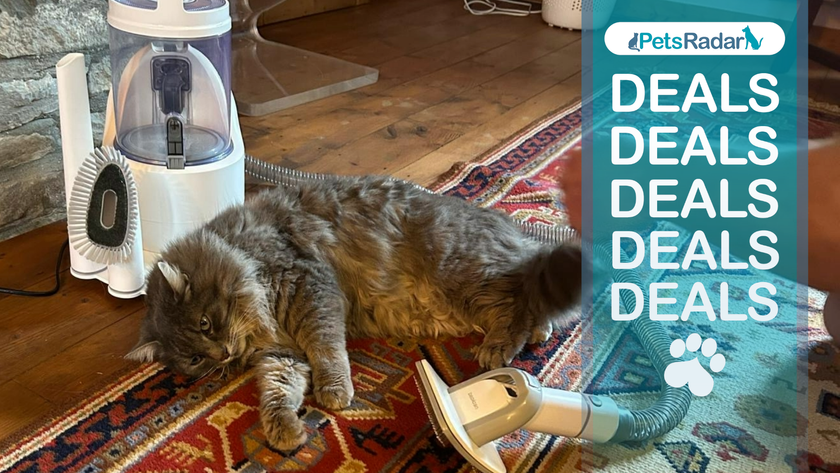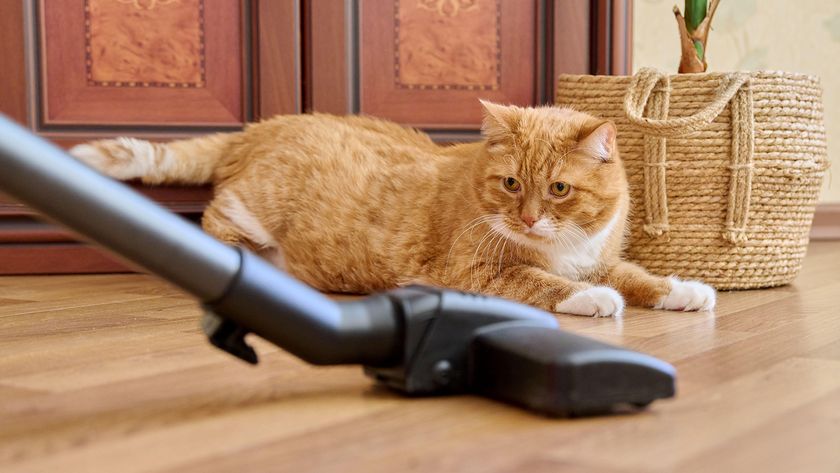Want your dog to be less reactive around triggers? Then you need this trainer’s one clever tip
Trainer reveals one thing you can do to help your reactive dog feel calmer when you're out and about together
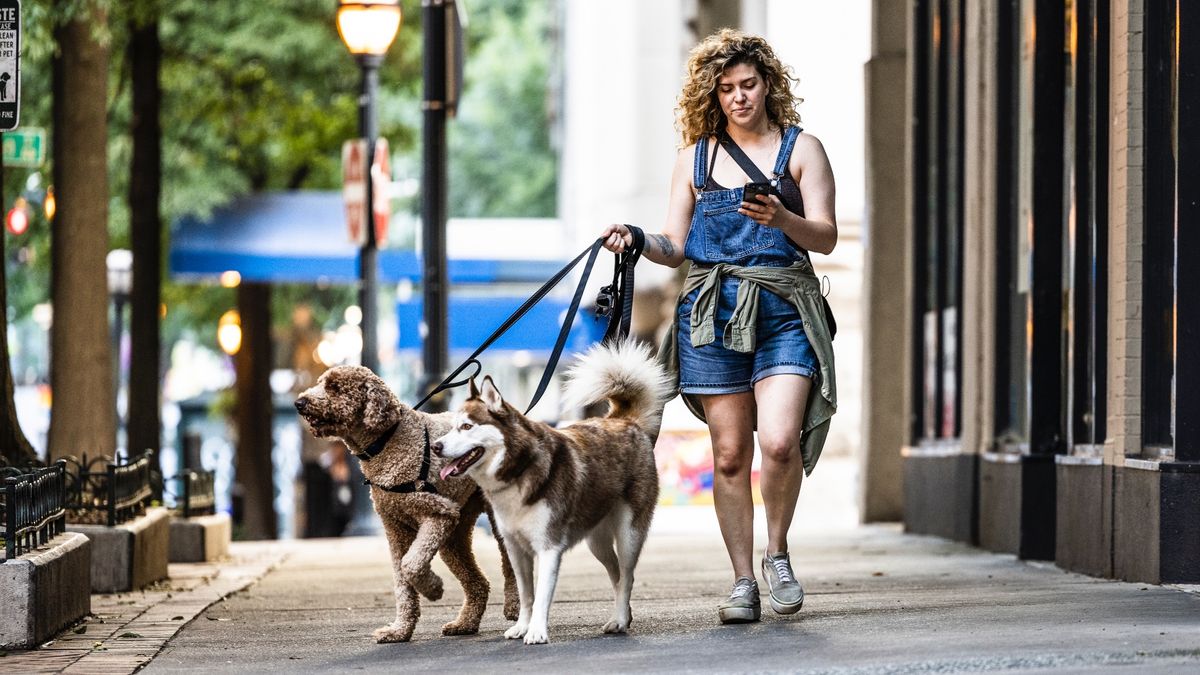
Whether it's barking whenever the doorbell goes, or lunging at every passerby when you're out on a walk, reactivity is one of the most commonly cited challenges amongst pet parents.
While understanding the causes for reactivity in dogs and learning how to calm a reactive dog can both be incredibly helpful, these things take time, patience, and consistency to get to the bottom of. In amongst all of the training will be times when you simply want to enjoy a walk with your canine companion without any stress.
Thankfully, doggy expert Julianna DeWillems has a really great tip to help put the enjoyment back into those daily walks with your fur friend — and it all comes down to changing up your environment. Check out her Instagram video below where she explains exactly what to do, or read on for a summary of what she had to say.
A post shared by JW Dog Training & Behavior (@jwdogtraining)
A photo posted by on
"If you have a reactive dog who struggles with regular walks, don't underestimate the power of unconventional walking spaces," says DeWillems. "I took my dog to the quiet side of a shopping center for a walk the other day and not only did we not come in contact with a single person, or dog, but she was able to sniff and explore as much as she wanted."
While we often take our dogs to busy places like parks and beaches, DeWillems advises us not to write off other walking spaces which could offer a more enriching experience for your dog and a more relaxed walk for you.
Options she suggests are places like parking lots, empty playgrounds, school grounds after hours, and quiet green spaces. DeWillems also advises considering the following before taking your dog for a walk:
- "How busy is this space? Are there likely to be dogs or people? Checking it out before bringing your dog can be a critical step."
- "What days/times are likely to be quieter?"
- "Are there any rules against bringing dogs to this space?"
- "How can I make sure my use of this space does not negatively impact anyone else? (Pick up poop, don’t let your dog dog holes, etc)."
Dealing with reactivity can be challenging, but as DeWillems has shown, there are ways for you and your dog to enjoy stress-free strolls together. If you require more help with managing your dog's reactivity, we recommend reaching out to a professional trainer for support.
PetsRadar Newsletter
Get the best advice, tips and top tech for your beloved Pets
For more great canine content, check out our guide to three of the most common loose leash walking mistakes (and how to fix them).

Kathryn is a freelance writer who has been a member of the PetsRadar family since it launched in 2020. Highly experienced in her field, she's driven by a desire to provide pet parents with accurate, timely, and informative content that enables them to provide their fur friends with everything they need to thrive. Kathryn works closely with vets and trainers to ensure all articles offer the most up-to-date information across a range of pet-related fields, from insights into health and behavior issues to tips on products and training. When she’s not busy crafting the perfect sentence for her features, buying guides and news pieces, she can be found hanging out with her family (which includes one super sassy cat), drinking copious amounts of Jasmine tea and reading all the books.
